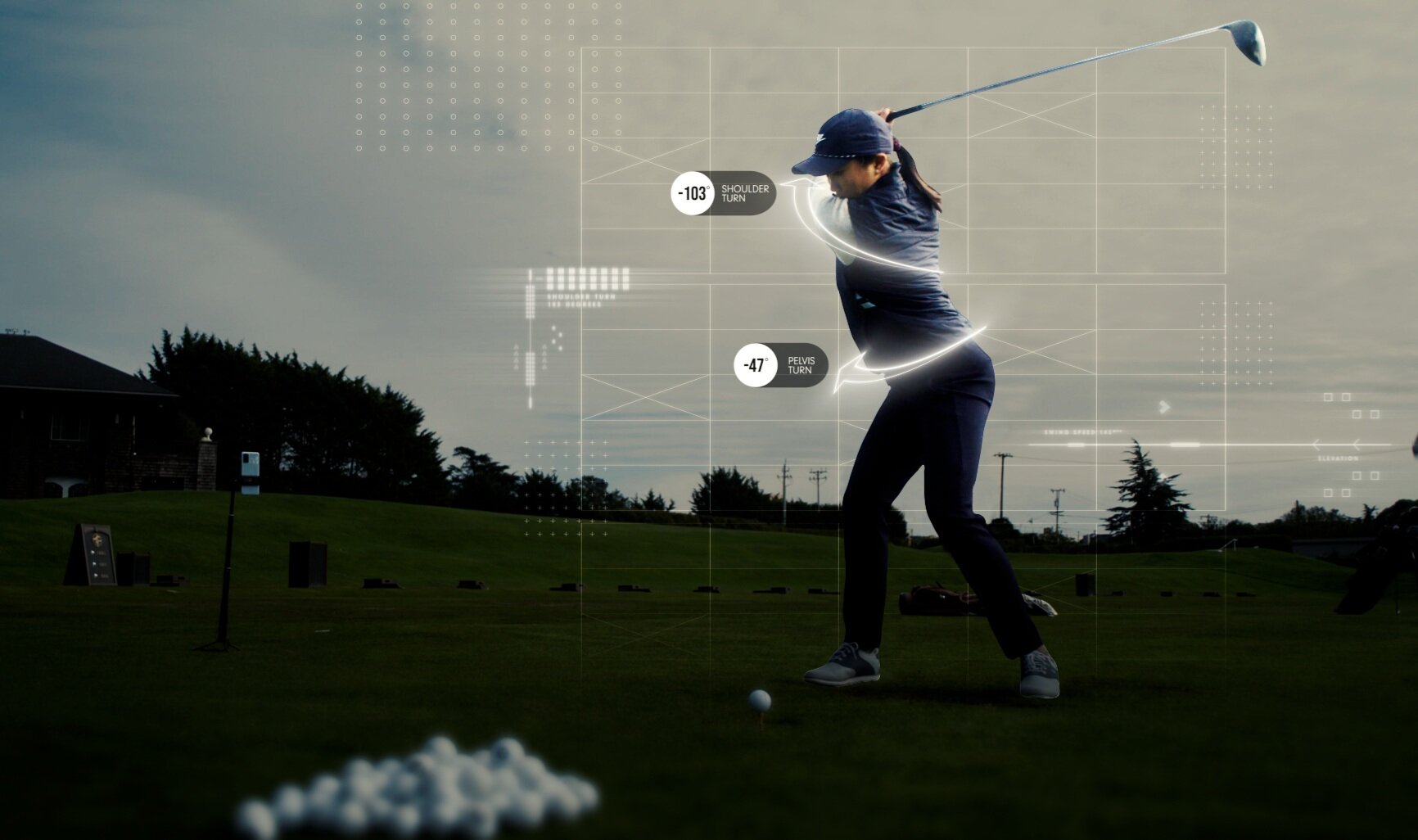The traditional game of golf is experiencing a technological revolution as elite players increasingly harness artificial intelligence and data analytics to elevate their performance. From PGA Tour professionals to rising stars, golfers are discovering that the combination of AI-powered tools and precise data analysis can provide the competitive edge needed in modern professional golf.

Smart Club Technology and Swing Analysis Professional golfers now rely on sophisticated AI-powered sensors embedded in their clubs to capture thousands of data points during each swing. These smart clubs analyze everything from club head speed and face angle to attack angle and tempo. Players like Bryson DeChambeau have become renowned for their data-driven approach, using this technology to perfect their swing mechanics and achieve unprecedented consistency.

The technology goes beyond basic metrics, employing machine learning algorithms to identify subtle patterns in a player's technique that might be invisible to the naked eye. High-speed cameras paired with AI analysis can break down a golf swing into millisecond-by-millised segments, allowing players to optimize every aspect of their movement.
Course Management and Strategy AI is revolutionizing how golfers approach course management. Advanced GPS systems and topographical mapping technology create detailed 3D models of golf courses, while AI algorithms analyze thousands of previous shots played on each hole. This combination helps players make more informed decisions about club selection, shot placement, and risk management.
Weather pattern analysis has become another crucial application of AI in golf. Systems can now predict how wind conditions and humidity will affect ball flight throughout different times of the day, allowing players to adjust their strategy accordingly. This level of detailed environmental analysis was unimaginable just a few years ago.

Performance Tracking and Improvement Modern golfers utilize AI-powered performance tracking systems that monitor every aspect of their game, from driving accuracy to putting consistency. These systems analyze patterns in performance data to identify areas needing improvement and suggest specific practice routines. Players can track their progress over time and see how different factors – such as fatigue, weather conditions, or equipment changes – impact their game.
The putting green has become a particular focus for AI innovation. Systems using computer vision and machine learning can analyze thousands of putts to help players understand the subtle breaks and speeds of greens, leading to more accurate putting performance.
Mental Game Enhancement AI is even helping golfers improve their mental game. Biometric sensors can track stress levels and focus during practice and competition, while AI algorithms identify patterns in how mental states affect performance. This data helps players develop more effective pre-shot routines and mental strategies for handling pressure situations.

The Future of Golf Technology As AI technology continues to advance, we're likely to see even more innovative applications in golf. Virtual reality training environments powered by AI are already being developed, allowing players to practice specific shots and scenarios in highly realistic simulated conditions. These tools could revolutionize how golfers prepare for tournaments and maintain their skills during off-seasons.
The integration of AI and data analytics in golf represents a fundamental shift in how players approach the game. While natural talent and dedicated practice remain essential, the strategic use of technology is becoming increasingly crucial for those competing at the highest levels. As these tools become more sophisticated and accessible, we can expect to see new standards of performance and consistency in professional golf.


